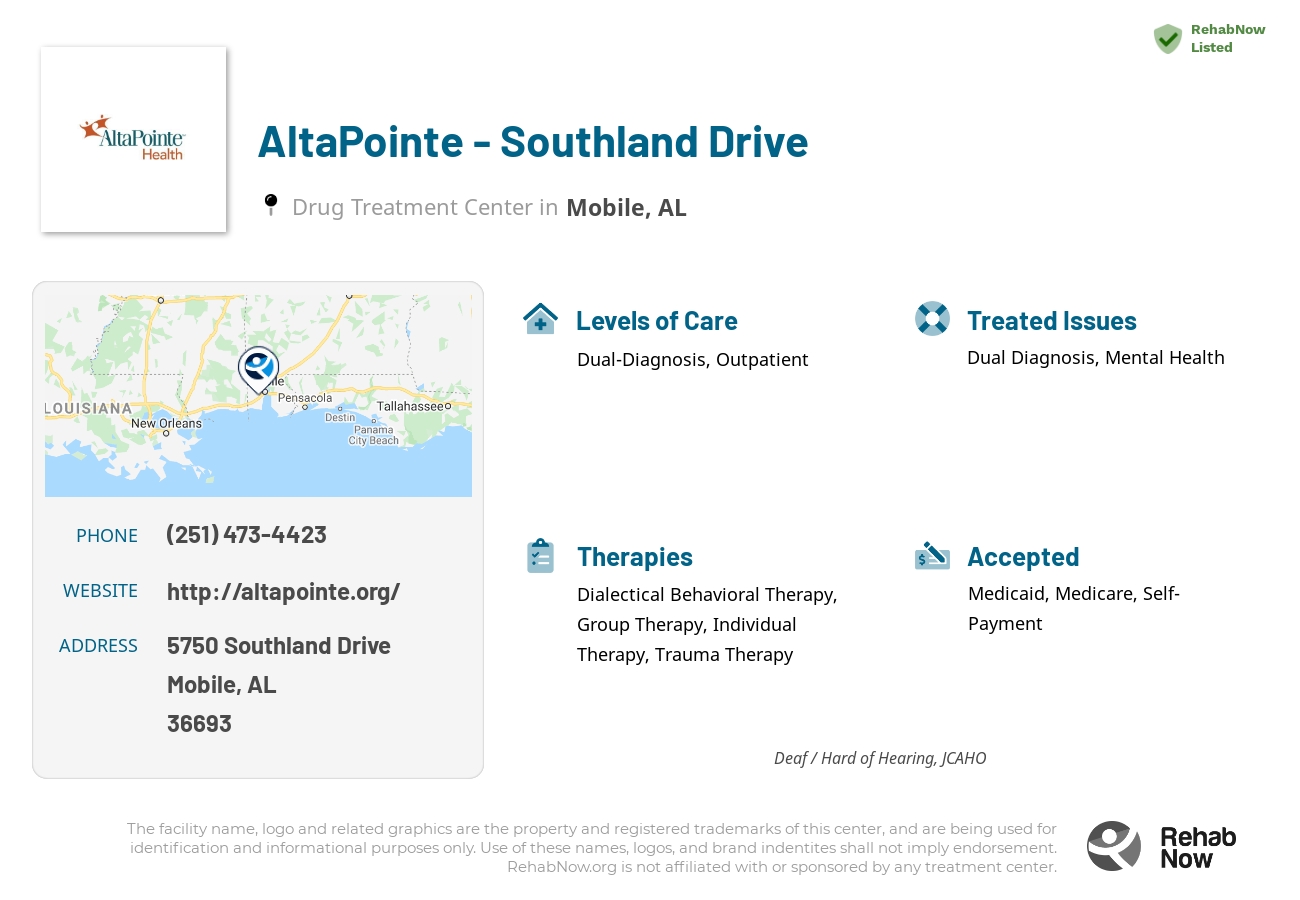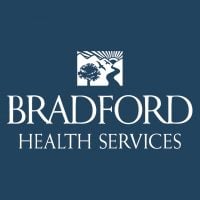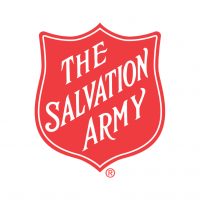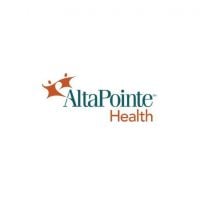
AltaPointe - Southland Drive
Drug Rehab Center in Mobile, Alabama
- Mental Health
- Dual Diagnosis
AltaPointe - Southland Drive is a mental health and substance abuse facility in Mobile, Alabama that provides personalized care and evidence-based treatments for addiction and substance abuse, along with medication-assisted treatment, recovery coaching services, and family support groups.
About AltaPointe - Southland Drive in Alabama
AltaPointe - Southland Drive, located in Mobile, Alabama, is a private mental health and substance abuse facility that specializes in providing personalized care for individuals seeking help with addiction and dual diagnosis.
• Expertly trained counselors provide evidence-based treatments such as CBT, DBT, and ACT
• Offers medication-assisted treatment, recovery coaching services, and family support groups
• Awarded the Gold Seal of Approval by The Joint Commission for high standards of care
• Mobile app available to help individuals access recovery information and resources
AltaPointe - Southland Drive is the highest accredited mental health and substance abuse provider in Alabama, with professionals who are licensed and experienced in treating addiction and co-occurring mental health disorders.
At AltaPointe - Southland Drive, they understand the complexity of addiction and provide specialized treatment approaches that include medical and psychological care, group and individual counseling, and family therapy. Their goal is to help individuals break patterns of substance abuse, understand underlying triggers, and build positive coping skills for long-term sobriety.
Genders
Ages
Modality
Additional
Accreditations

JCAHO
Conditions and Issues Treated
A “dual diagnosis” is when the individual has two medical issues at the same time. The top co-occurring mental disorders with addiction are depression, anxiety, ADHD, bi-polar disorder. Addiction is also considered a mental illness that is not a choice but rather a medical condition. Addiction can be caused by any number of underlying issues.
Dual diagnosis is provided by AltaPointe - Southland Drive to treat addictive tendencies as well as any untreated mental illnesses. This ensures successful long term health and recovery for patients after treatment has been completed.
Dual diagnosis is provided by AltaPointe - Southland Drive to treat addictive tendencies as well as any untreated mental illnesses for people in Alabama. This ensures successful long term health and recovery for patients after treatment has been completed.Levels of Care Offered
This center offers a variety of custom treatment tailored to individual recovery. Currently available are Dual-Diagnosis, Outpatient, with additional therapies available as listed below.
Outpatient programs at AltaPointe - Southland Drive, the Mobile resident can live with their family while continuing with their job or studies. Treatment includes educating the patient on drug abuse, medications, and counseling sessions at the individual or group level. Outpatient treatment plans cover diagnosis, detoxification, management, and counseling. They are a popular option for those who have graduated from inpatient facilities.
Therapies & Programs
Individual therapy is a form of counseling where you meet with a trained professional one-on-one. Meeting with a therapist in this setting allows for a personal and trusting relationship to be built. This allows the patient to open up about sensitive or private issues they may not feel comfortable discussing in a group. Individual therapy helps identify the root causes of your addiction, which can help prevent relapse.
Group therapy sessions are another common addiction recovery service. These group sessions typically involve six to 12 addicts who meet regularly with a trained professional for support and guidance.
During these sessions, the group shares their experiences with one another and provides feedback that can help each member avoid relapse or overcome specific obstacles they are facing in their recovery process. With this type of support and guidance, addicts can feel like they are part of a community that understands their struggles and will help them get through the hard times.
Many people struggling with drug addiction have experienced some form of trauma in their lives. It is crucial that these individuals seek out professional help; otherwise, their drug abuse and addiction will likely continue.
Therapists and counselors at drug treatment centers employ several treatment programs to help people struggling with drug addiction, including trauma therapy. Trauma therapy helps people dealing with addiction by allowing them to confront the traumas of their past and move past them.
It is important to note that trauma therapy should not be confused with PTSD (post-traumatic stress disorder). Rather, it is used to treat the effects of trauma, which are often at the root of addiction.
Dialectical Behavior Therapy was developed in the 1980s to treat chronically suicidal individuals. It is a cognitive-behavioral therapy that combines standard DBT with strategies derived from Zen Buddhism, such as mindfulness training.
DBT has been adapted for use with other types of psychiatric problems, including eating disorders, substance abuse disorders, borderline personality disorder, posttraumatic stress disorder (PTSD), and other personality disorders. Dialectical Behavior Therapy is considered a psychosocial treatment of BPD. This means that while it can be used alone or in conjunction with drug treatments, DBT does not rely on medications to treat the disorder. Instead, DBT aims to help patients change their thinking and behavior.
Cognitive Behavioral Therapy (CBT) focuses on the underlying thoughts and behaviors that caused the problem of addiction in the first place and may cause a relapse. Negative feelings are common in drug abuse disorders, but they can lead to co-occurring disorders if not recognized. CBT involves strategies that help to change the behavior pattern by restructuring negative thoughts into positive ones. It helps to remove these feelings, and it provides long-term benefits. Also, CBT promotes self-awareness and self-control. It can be administered as a monotherapy or as part of combination therapy.
CBT can improve the patient’s mood, reduce drug cravings and boost success rates on treatment plans. Regular practice can help individuals handle negative attitudes, thoughts, and feelings without turning to drugs or alcohol. The core belief of Cognitive Behavioral Therapy (CBT) is that one’s moods, behaviors, and actions are all connected. Individuals can improve their quality of life using CBT. It helps addicts understand the patterns of thought and feelings that cause them to use drugs or alcohol and develop a healthy response.
Payment Options Accepted
For specific insurance or payment methods please contact us.
AltaPointe Associated Centers
Discover treatment facilities under the same provider.
- AltaPointe Health Outpatient - West Mobile in Mobile, AL
- AltaPointe - Oasis Adult Intensive Outpatient in Fairhope, AL
- AltaPointe - Foley in Foley, AL
- AltaPointe Health Outpatient - Clay County in Lineville, AL
- AltaPointe - Sylacauga in Sylacauga, AL
Learn More About AltaPointe Centers
Additional Details
Specifics, location, and helpful extra information.
Mobile, Alabama 36693 Phone Number(251) 473-4423 Meta DetailsUpdated April 15, 2024
Staff Verified
AltaPointe - Southland Drive Patient Reviews
There are no reviews yet. Be the first one to write one.
Mobile, Alabama Addiction Information
Opioids, such as heroin, fentanyl, and prescription opioids are related to more than half of all drug-related overdoses in Alabama. Alcohol is the most frequently used substance in Alabama; 85,000 Alabamians use cocaine every single year. In Alabama, there are four times as many vehicle crashes involving alcohol as there are normal vehicle crashes.
Mobile County, has the highest rate of drug overdose death in Alabama. 5.8% of Mobile teenagers reported using illicit drugs in recent years. 7.59% of adults reported using illegal drugs. Marijuana is the most frequent drug mentioned among persons seeking primary treatment. There are various types of treatment available in Mobile, AL. Many drug treatment programs in Mobile, AL, are gender-specific. The common treatment is an outpatient program.
Treatment in Nearby Cities
- Dutton, AL (305.5 mi.)
- Eutaw, AL (154.2 mi.)
- Decatur, AL (284.0 mi.)
- Wetumpka, AL (176.1 mi.)
- Childersburg, AL (212.4 mi.)
Centers near AltaPointe - Southland Drive
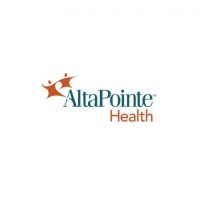

The facility name, logo and brand are the property and registered trademarks of AltaPointe - Southland Drive, and are being used for identification and informational purposes only. Use of these names, logos and brands shall not imply endorsement. RehabNow.org is not affiliated with or sponsored by AltaPointe - Southland Drive.


